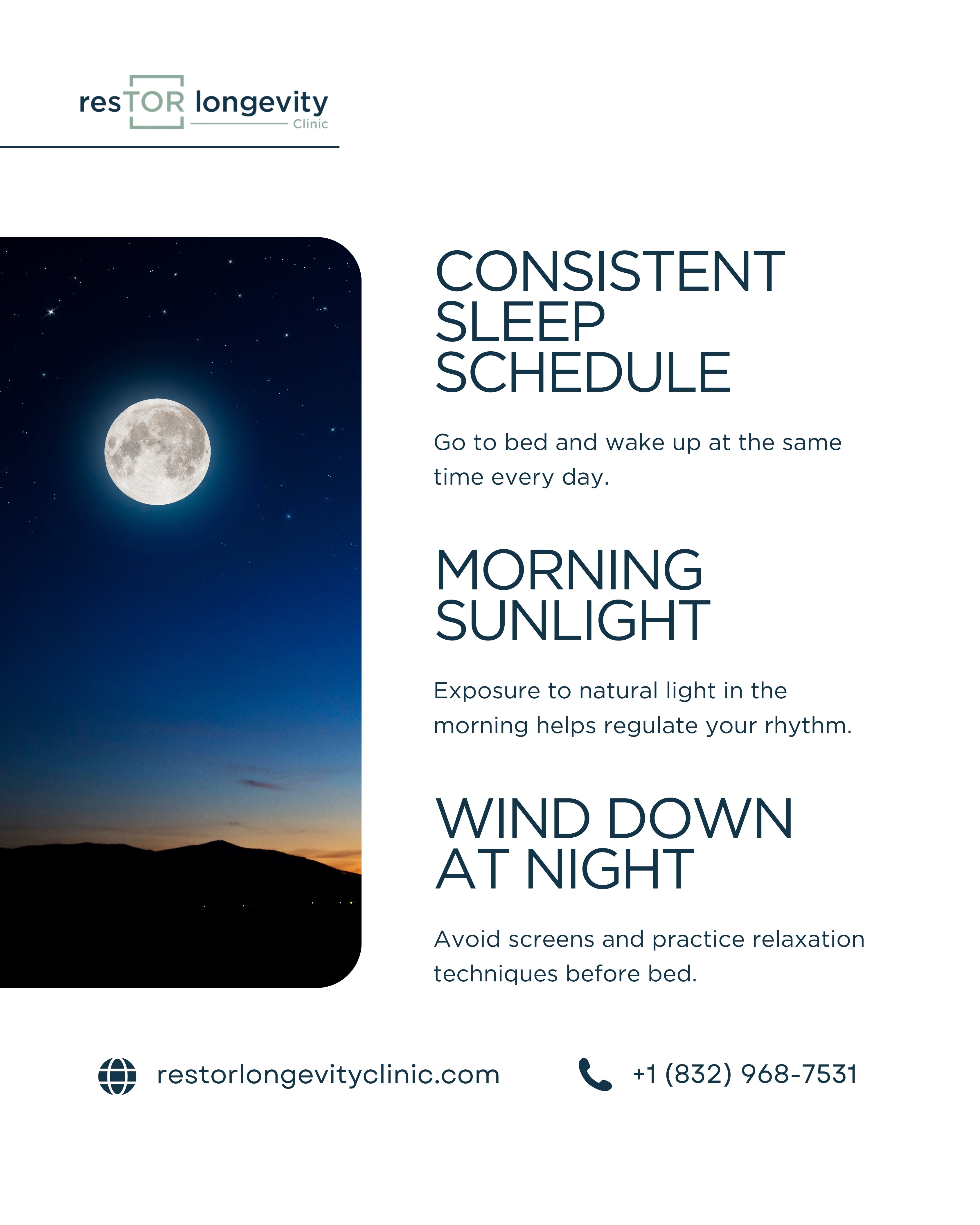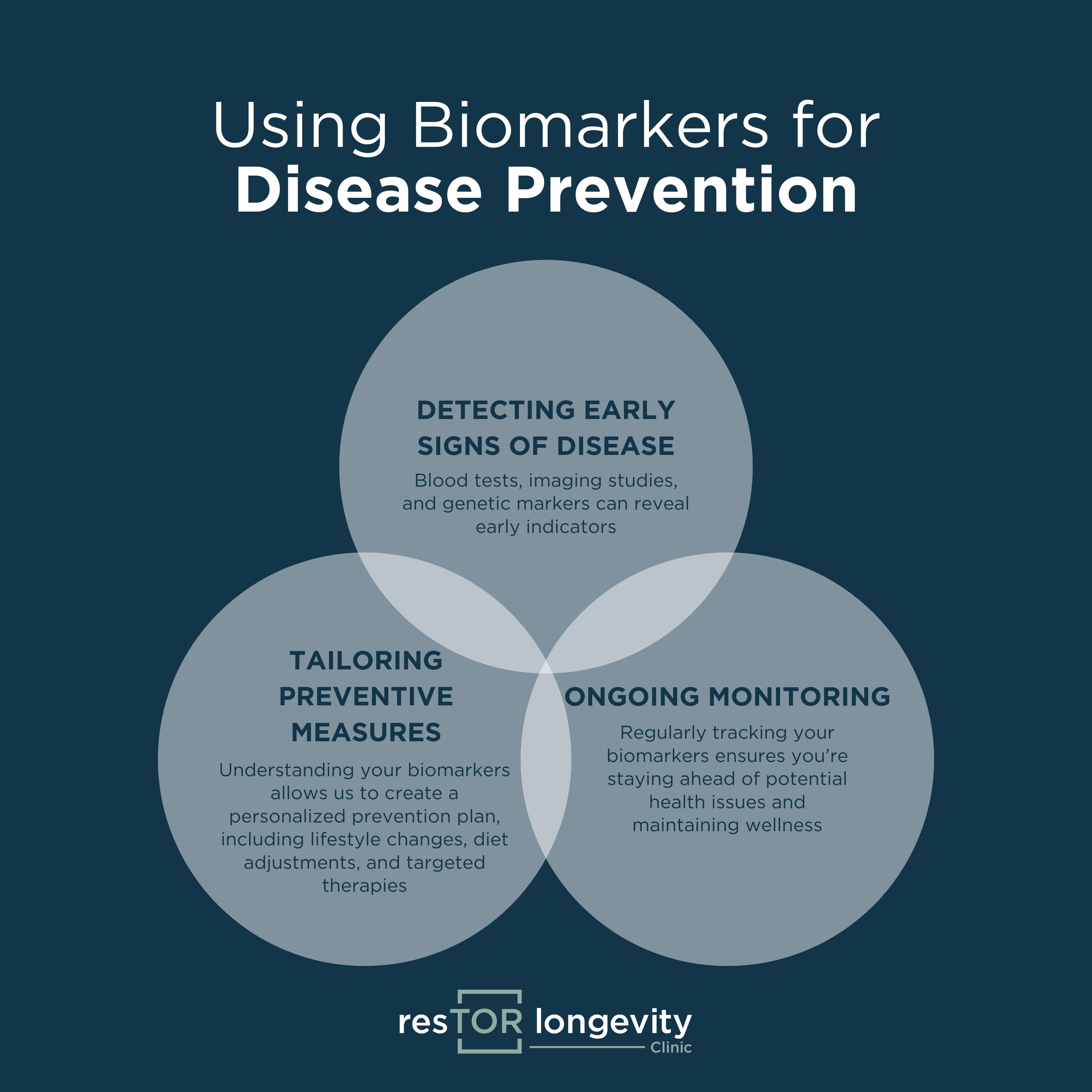Did you know that your body has a natural mechanism for cellular cleanup that influences how you age? This process, known as autophagy, plays a crucial role in promoting longevity and combating the effects of aging. Understanding the importance of autophagy is essential to optimizing your health and improving your quality of life as you age. In this extensive blog post, we will delve into the role of autophagy in aging, how it boosts cell renewal, improves metabolism, supports brain health, enhances muscle recovery, and offers actionable strategies you can incorporate into your daily routine. Join us as we explore how harnessing the power of autophagy can transform your approach to aging gracefully.
Understanding Autophagy
Autophagy, derived from the Greek words "auto" (self) and "phagy" (eating), refers to the body's method of cleaning out damaged cells and regenerating newer, healthier cells. This process is essential for maintaining cellular homeostasis and plays a significant role in various biological functions. Autophagy helps to remove cellular debris, such as misfolded proteins and damaged organelles, which can accumulate in cells over time due to stressors like environmental toxins, poor diet, and even aging itself.
The concept of autophagy was first discovered in the 1960s and has since become a focal point of aging research. Numerous studies have shown that autophagy declines with age, leading to impaired cellular function, chronic inflammation, and increased risk of age-related diseases. As we dive deeper into the components of this cellular process, we will uncover four key areas where autophagy plays a critical role in enhancing longevity.
Boosts Cell Renewal
One of the primary benefits of autophagy is its ability to promote cell renewal. Studies indicate that autophagy is vital for the removal of damaged cellular components, including dysfunctional mitochondria and misfolded proteins. By eliminating these harmful elements, autophagy facilitates cellular repair and regeneration.
This process is especially important because damaged cells can lead to various health complications, including neurodegenerative diseases, diabetes, and cancer. In fact, research indicates that increased autophagic activity can significantly reduce the risk of these conditions. So, how can you encourage autophagy to boost your cell renewal?
Intermittent Fasting
One of the most effective ways to promote autophagy is through intermittent fasting. When you restrict your calorie intake for certain periods while maintaining a balanced diet during eating windows, your body enters a state of repair. During fasting, insulin levels drop, and glucagon levels increase, promoting cellular cleanup through autophagy.
Exercise
Regular physical activity has been linked to increased autophagy. When you exercise, your body experiences mild stress, which activates autophagic pathways. Aim for a combination of aerobic exercises, strength training, and high-intensity interval training to reap the benefits of improved cellular renewal.
Improves Metabolism
Autophagy plays an integral role in improving metabolism. As the body ages, metabolic processes often slow down, leading to various health issues, including weight gain, insulin resistance, and decreased energy levels. By facilitating the recycling of nutrients and promoting energy production, autophagy contributes to a healthier metabolism.
When autophagy is activated, your body becomes more efficient at breaking down and utilizing stored fats for energy. Additionally, autophagic processes help regulate glucose levels, preventing spikes that can lead to metabolic syndrome or type 2 diabetes.
To harness this metabolic benefit, consider implementing the following strategies:
Balanced Diet
A well-rounded diet rich in antioxidants, healthy fats, and lean proteins can help optimize your metabolism and promote autophagy. Focus on whole, nutrient-dense foods, including fruits, vegetables, whole grains, nuts, and seeds.
Hydration
Staying well-hydrated is crucial for maintaining a healthy metabolism. Water plays a vital role in metabolic processes, enhancing nutrient transport, digestion, and waste removal. Strive to drink half your body weight in ounces of water daily.
Supports Brain Health
As we age, cognitive decline can become a pressing concern. Fortunately, autophagy contributes to brain health by clearing harmful proteins and waste products that can accumulate in neurons, fostering optimal cognitive function.
One significant aspect of brain health is the removal of beta-amyloid plaques and tau protein tangles, which have been associated with Alzheimer's disease and other neurodegenerative conditions. Enhanced autophagy is believed to protect against these diseases by preventing harmful protein build-up and promoting neuronal plasticity, which is essential for learning and memory.
To support autophagy in the brain, consider incorporating these practices into your routine:
Mental Stimulation
Engaging in cognitively challenging activities, such as puzzles, reading, or learning a new skill, can promote brain health and stimulate autophagy in neurons.
Mindfulness and Stress Reduction
Chronic stress can negatively impact brain health and hinder autophagy. Practicing mindfulness meditation, deep breathing exercises, or yoga can help alleviate stress and support cognitive function.
Enhances Muscle Recovery
As we grow older, maintaining muscle mass becomes increasingly important for overall health. Autophagy can also aid recovery from exercise and injury by promoting the degradation of damaged proteins and increasing muscle cell regeneration. This process prevents muscle atrophy and enhances strength.
To encourage muscle recovery using autophagy-enhancing strategies, incorporate the following tips into your routine:
Post-Workout Nutrition
Consuming a mix of carbohydrates and protein after your workouts can enhance the recovery process. It fuels muscle repair while maximizing autophagic activity. Seek to consume a post-workout meal or snack within 30 minutes of exercising.
Adequate Sleep
Quality sleep is essential for muscle recovery and overall health. During sleep, the body undergoes important restorative processes, including autophagy. Aim for seven to nine hours of sleep each night to enable muscle recovery and maintenance.
Final Thoughts
Understanding the role of autophagy in aging is crucial for optimizing your health and well-being as you age. By promoting cell renewal, improving metabolism, supporting brain health, and enhancing muscle recovery, you can harness the power of autophagy to age gracefully and maintain your vitality.
Incorporate intermittent fasting, regular exercise, a balanced diet, mental stimulation, and quality sleep into your lifestyle to stimulate autophagy and protect against age-related diseases. Take charge of your health by understanding and leveraging autophagy.



